Tax administration modernization policy
The government aims to have 2 million officially operating enterprises in Vietnam by 2030. Along with that, the tax sector is implementing many modernization solutions, including replacing lump-sum tax with electronic declaration and invoice use.
According to the roadmap, from January 1, 2026, all business households paying taxes by the lump-sum method will have to switch to declaring and issuing electronic invoices directly connected to the tax authorities. This is an important step to increase transparency, fairness and efficiency in state management.
However, this correct policy is facing many difficulties in practical implementation, especially in traditional markets, where hundreds of thousands of small traders are still familiar with manual trading methods.
Small businesses struggle with conversion requirements
At Tan Dinh market (HCMC), Ms. Nguyen Thi Thoa, a trader with more than 30 years of experience, said: "I'm not worried about paying taxes, but converting invoices puts pressure on me. Even when officials come to guide us, we still can't do it thoroughly. Every day going to sell is a heavy burden."

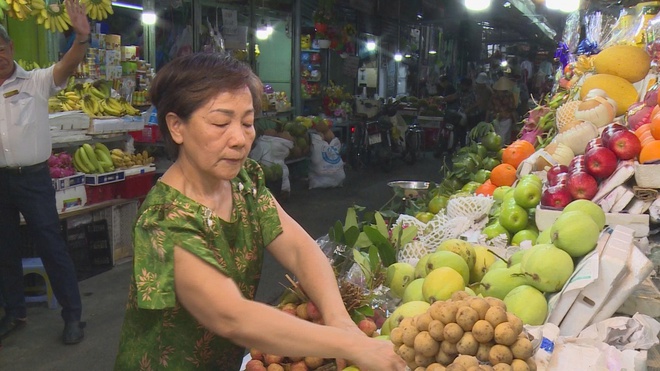
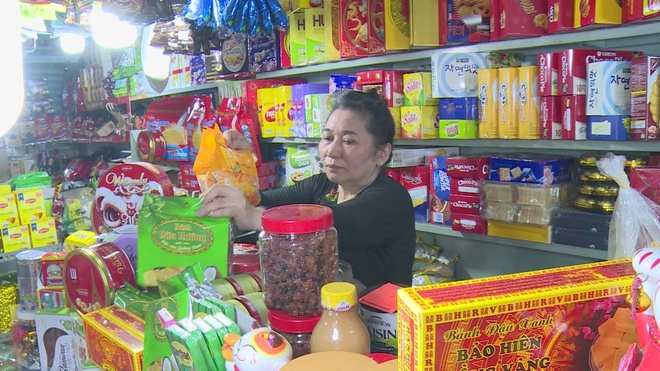
Many older traders have difficulty accessing technology and using accounting software.
Sharing the same sentiment, Ms. Tran Thi Le Hong said that for the elderly, accessing technology to use software or print electronic invoices is too difficult, directly affecting business.
At An Dong market, concerns are not limited to technical operations but also to the burden of costs. Ms. Nguyen Thai Trang said: "To equip printers, digital signature devices, accounting software, etc., it takes more than 45 million VND. Meanwhile, the stall area is only about 2.1 square meters, both displaying goods and having sales staff, so where is the space for additional equipment? The electricity infrastructure in the market is also not enough."
In addition, some small businesses said they bought accounting software for 1-2 million VND but still left it unused because they did not know how to use it or it did not have enough functions to serve their actual business.
Tax authorities commit to accompany
Ho Chi Minh City currently has nearly 250,000 households paying taxes using the lump-sum method that need to convert before 2026. Aware of the difficulties, the Ho Chi Minh City Tax Department said it is making efforts to listen to feedback and implement many support solutions.
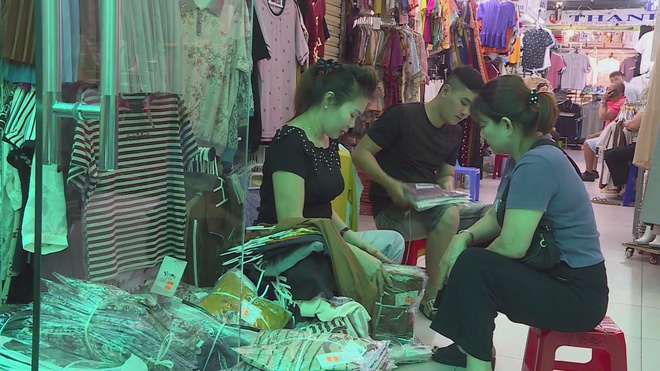
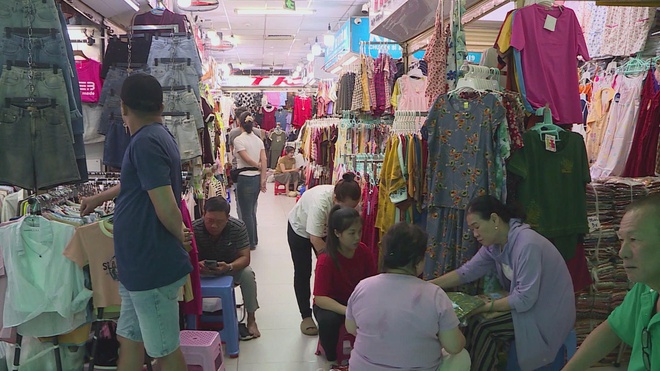
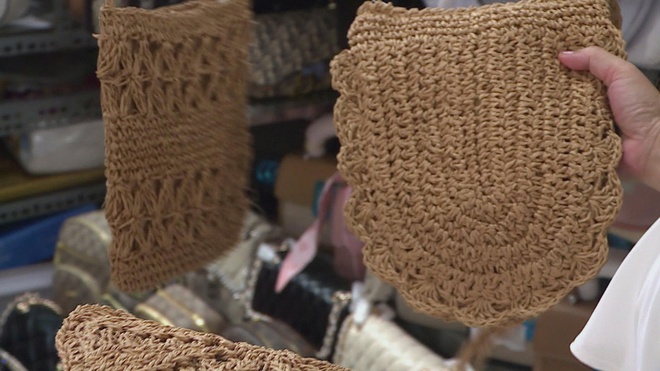
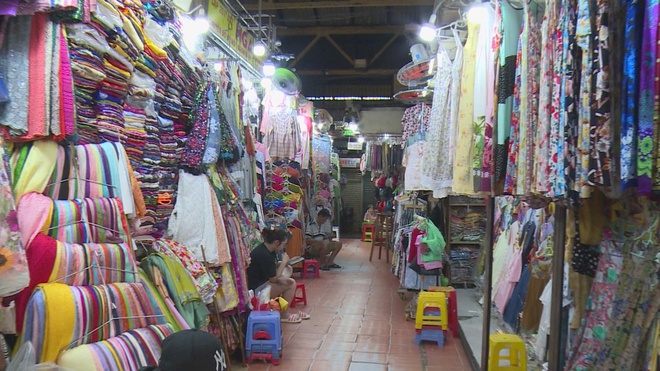
Ho Chi Minh City Tax Department commits to accompany, reduce service fees and provide technical support for small traders
Mr. Nguyen Tien Dung, Deputy Director of the Ho Chi Minh City Tax Department, said that the tax authority will strengthen propaganda activities and coordinate with units providing electronic invoice services to sign commitments to exempt and reduce fees for small traders. In addition, the technical team will directly support and help businesses get acquainted with and proficiently use equipment and software.
"We will accompany businesses so that they are not left behind in the transformation process," Mr. Dung emphasized.
Narrowing the gap between policy and life
The difficulties of small traders show that the gap between a modern policy and business practice is still quite large. The problem lies not only in technology or cost, but also in accessibility and long-standing trading habits.
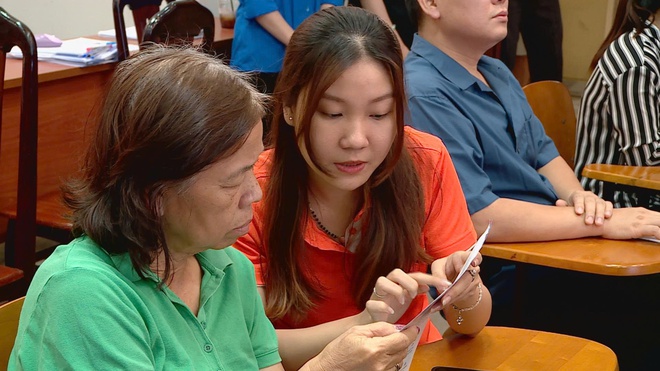
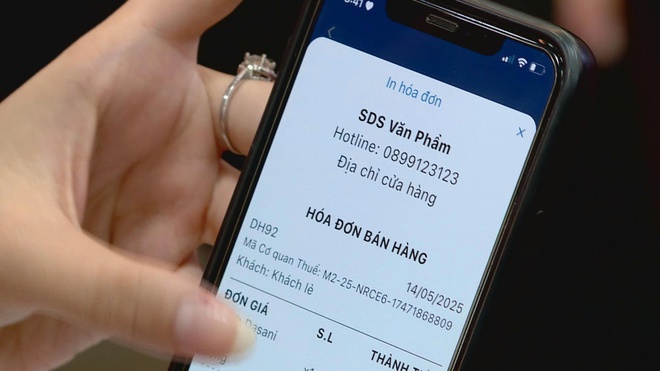
Electronic invoices are only successful when they both meet the goal of transparent management and are convenient for small businesses.
E-invoices are only truly successful when they both ensure the State’s transparent management goals and create favorable conditions for small businesses. A policy will only come into life when it is designed to be in tune with reality, not just stopping at the right idea.
>>> Please watch HTV News at 8:00 p.m. and 24G World Program at 8:30 p.m. every day on HTV9 channel.
Source: https://htv.com.vn/hoa-don-dien-tu-khoang-cach-giua-chu-truong-va-thuc-tien-22225090711165717.htm




![[Photo] Launching Ceremony of the Specialized Electronic Information Page of the Communist Party of Vietnam - 14th Congress](https://vphoto.vietnam.vn/thumb/1200x675/vietnam/resource/IMAGE/2025/9/12/4c1b894be2ea4e3daccfd8c038b6fb46)
![[Photo] General Secretary To Lam attends the launching ceremony of the website of the Communist Party of Vietnam - 14th National Congress](https://vphoto.vietnam.vn/thumb/1200x675/vietnam/resource/IMAGE/2025/9/12/0d4fce7dbce2409cb3c03c21fdf3c3b5)


![[Photo] Thac Ba Lake: Towards an international-class tourism, resort and cultural center by 2040](https://vphoto.vietnam.vn/thumb/1200x675/vietnam/resource/IMAGE/2025/9/12/0940443efe0a427b88707caadba1cc41)




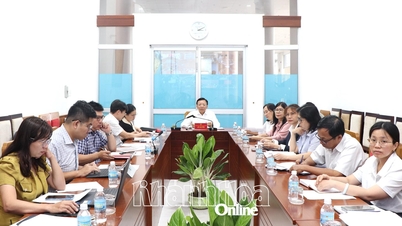

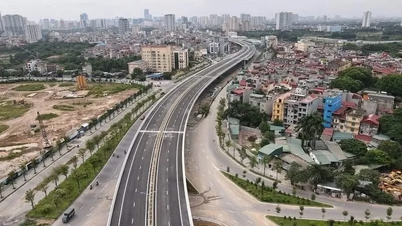









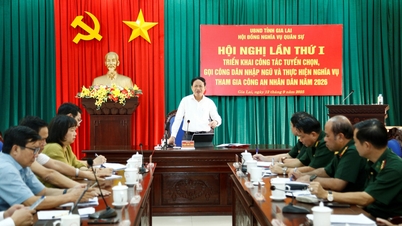



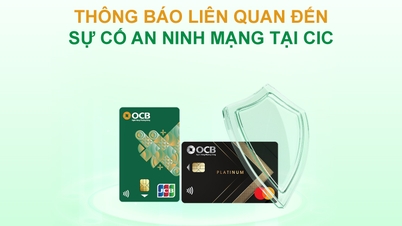
![[Photo] Where the history of resistance comes alive with modern technology at "95 years of the Party Flag lighting the way"](https://vphoto.vietnam.vn/thumb/1200x675/vietnam/resource/IMAGE/2025/9/12/81c1276f52b849c8b16e2d01dd1c85e4)







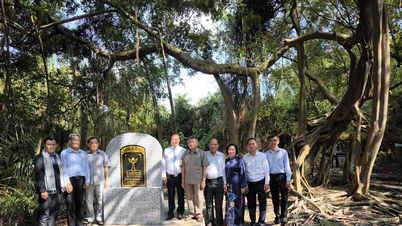







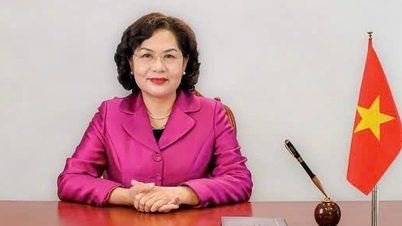






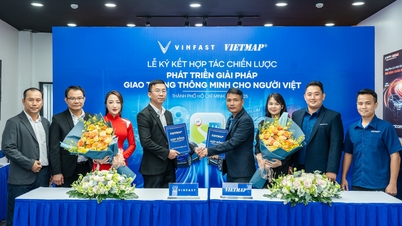

















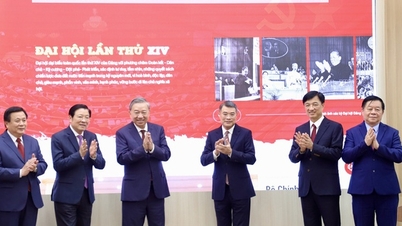

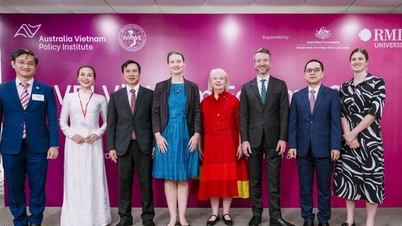












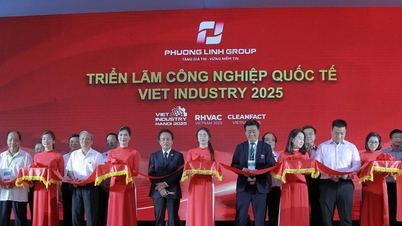










Comment (0)